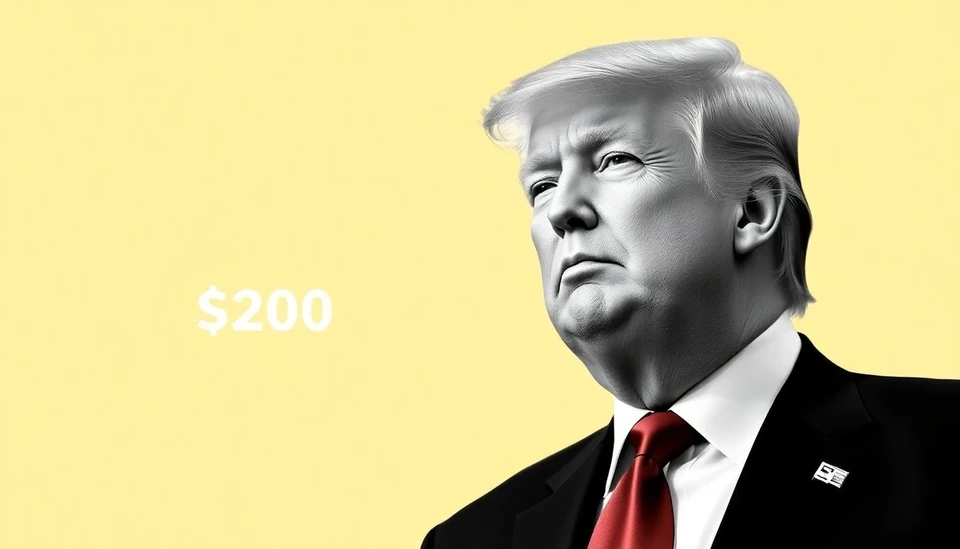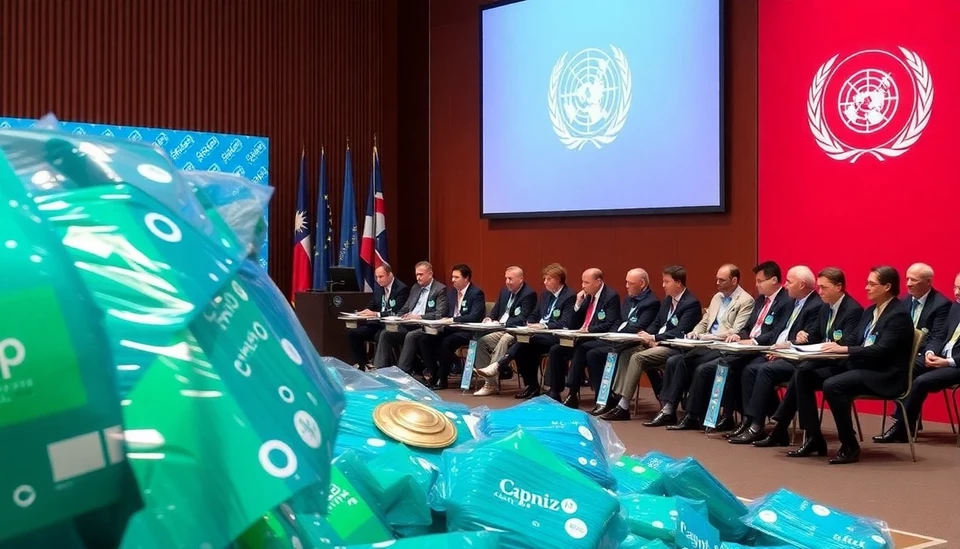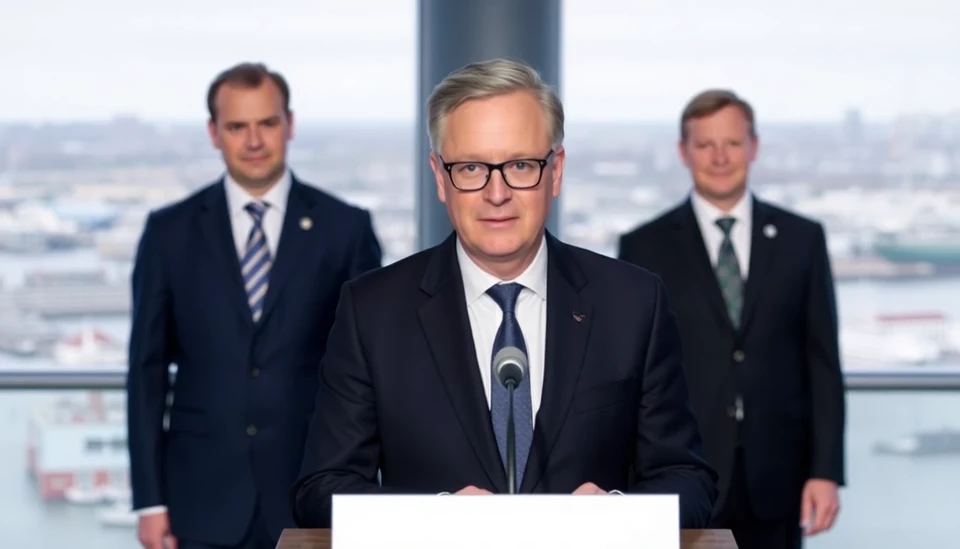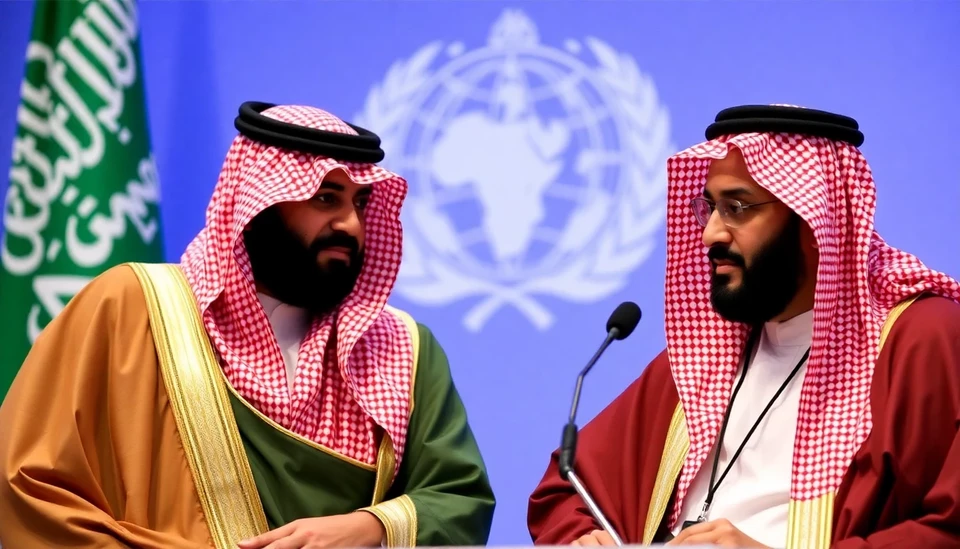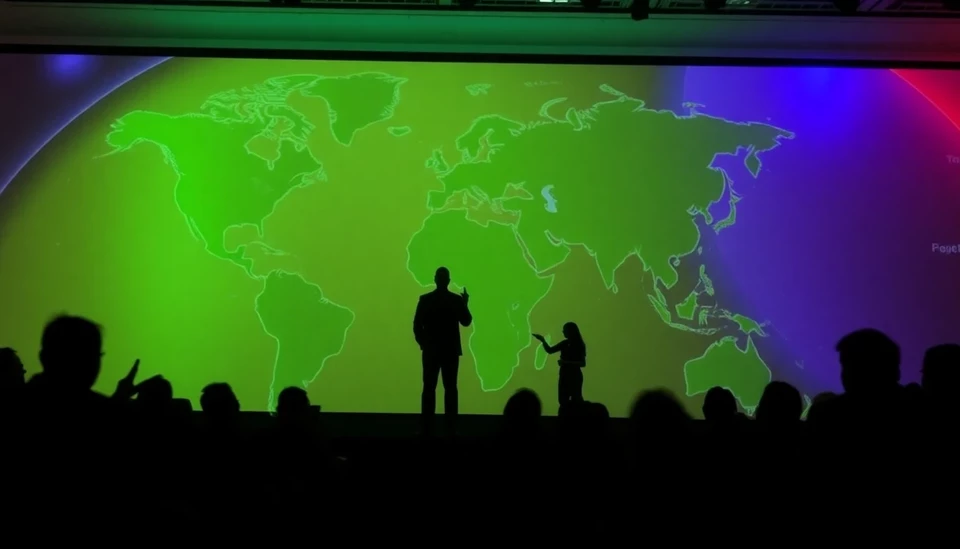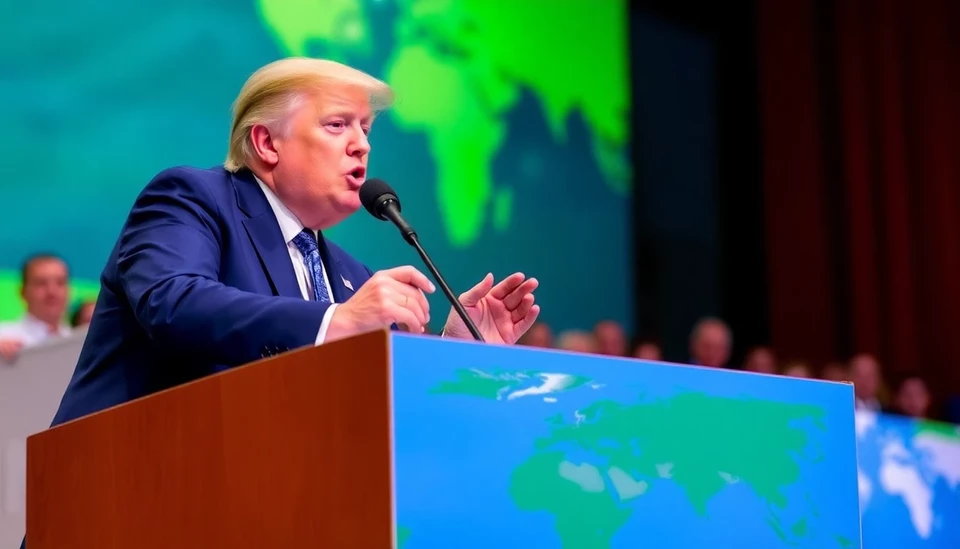
The recent outcomes at COP29 in Baku have significantly altered the dynamics of climate financing, particularly following the surprise electoral success of former President Donald Trump. His unexpected win has reverberated through discussions regarding international climate funding, leading to uncertainties surrounding commitments made by the United States.
Convention observers have noted that Trump's return to a position of power is likely to shift the focus back to domestic priorities, which could detract from global climate initiatives that rely on U.S. funding. Under his previous administration, the U.S. had taken a stance that largely favored deregulation and reduced involvement in international climate agreements, causing a rift in collaborative efforts against climate change.
As COP29 brought together representatives from various nations, the spotlight remained fixed on the implications of Trump’s policies for future climate strategies. Delegates expressed concerns that an administration under Trump might retract significant financial pledges aimed at combating climate change, further complicating the already contentious negotiations surrounding the Green Climate Fund and other financial mechanisms established to assist developing nations.
Critics at the conference argued that a retreat from climate funding could severely hinder progress in implementing critical climate adaptation and mitigation strategies across vulnerable regions. These regions rely heavily on substantial international support to address growing challenges related to rising sea levels, severe weather events, and other climate-related adversities.
Furthermore, the election outcome has raised alarms among advocates for climate justice, who fear that Trump's administration could exploit the ongoing complexities of the funding system to pivot resources away from urgent climate initiatives. They highlighted the necessity of maintaining momentum established under previous administrations, which recognized the importance of global collaboration in addressing climate issues.
During COP29, numerous countries reinstated their commitment to addressing climate change, pledging to uphold their financial contributions to the climate fund, despite the discussions surrounding the uncertainty from the United States. Notably, leaders from several nations emphasized the need for unity and continuous support amidst the captured attention on U.S. politics.
As the conference progressed, these dialogues underscored a critical turning point for international climate policy, drawing significant attention from both media and civil society organizations keen on ensuring that climate financiers stay the course despite political upheavals. The call for sustained action and funding was amplified by grassroots movements advocating for climate equity and justice.
In essence, the outcomes of COP29 will set the stage for how the global community addresses the crucial issue of climate financing moving forward, particularly under the shadow of a Trump-led administration. The international response in the upcoming months will be pivotal in determining the trajectory of global climate commitments in the face of shifting political landscapes.
In summary, COP29 in Baku showcased pivotal moments that could define how countries collaborate and fund climate initiatives. As the world watches and waits for tangible outcomes, the implications of recent political developments loom large, promising to shape the future of climate action.
#COP29 #ClimateChange #Trump #Baku #GreenClimateFund #ClimateJustice #InternationalPolitics #GlobalWarming
Author: Sophie Bennett
